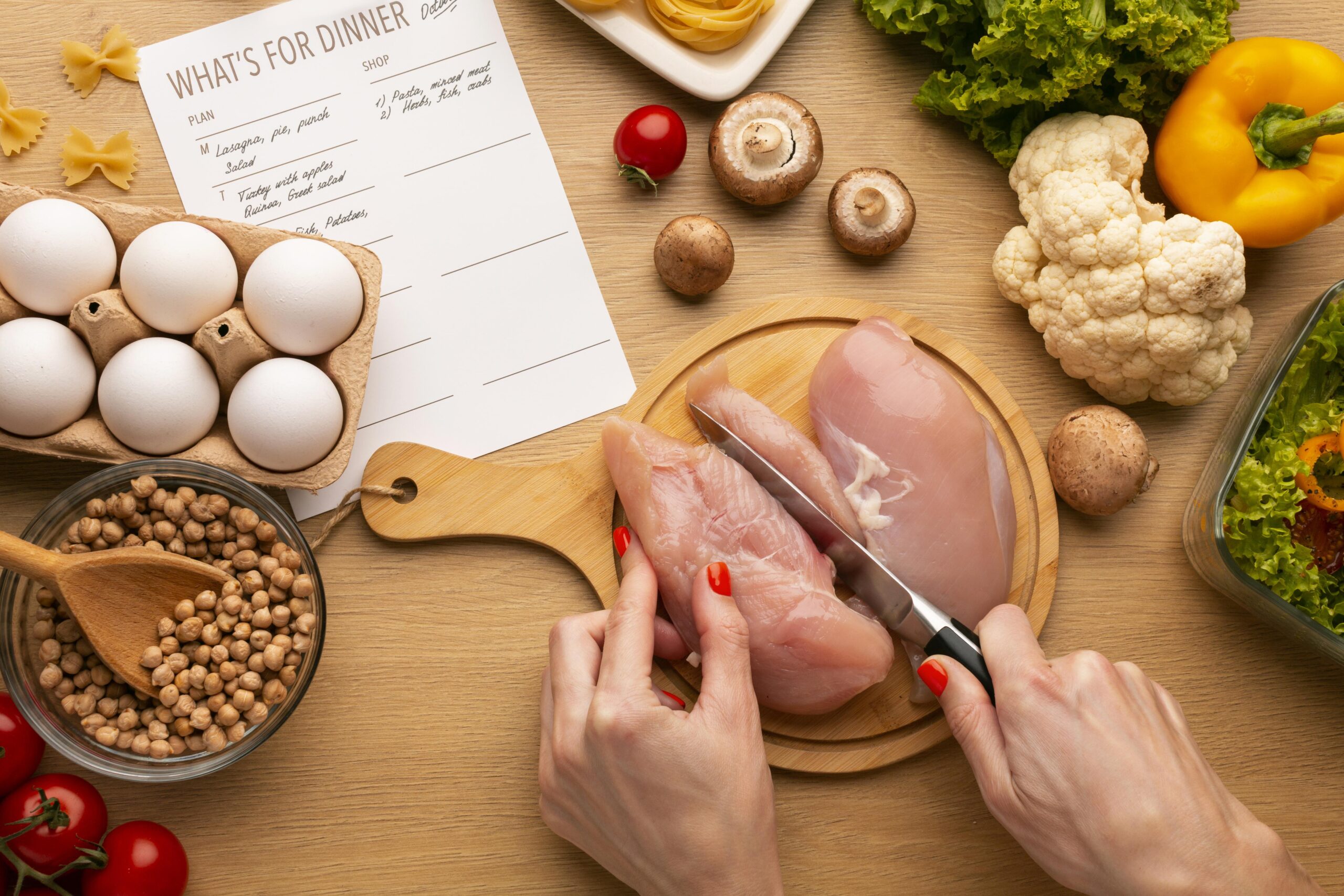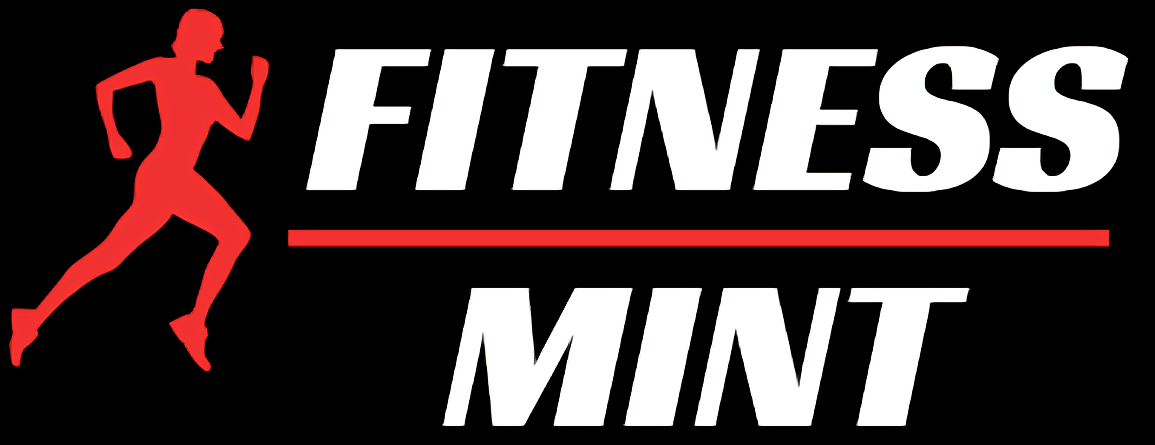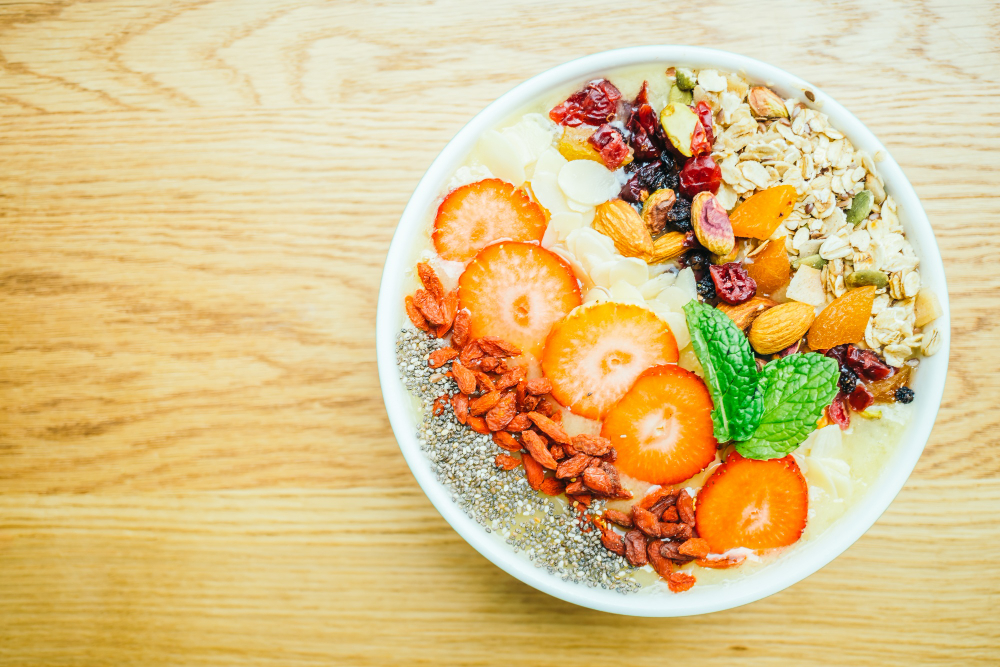In today’s fast-paced world, people are more health-conscious than ever. Whether your goal is to lose fat, gain muscle, or stay fit, the high protein diet plan has become one of the most popular and effective nutritional strategies.Protein is not just another macronutrient—it’s the building block of your body. From repairing muscles to supporting metabolism, protein plays a key role in helping you achieve your fitness goals.
In this article, we’ll cover everything about a high protein diet plan—its benefits, food sources, meal ideas, and how to create your own plan for your goals.
What Is a High Protein Diet?
A high-protein diet refers to a dietary regimen that consists of protein intake higher than normal, generally around 25–35% of total daily calories. The aim is to take in sufficient protein for muscle repair, metabolism, and other health benefits, while carbohydrates and fats are kept in balance.For more details on how protein supports muscle growth and fat loss, check out Healthline’s complete guide on High Protein Diet Plans — a trusted source for evidence-based nutrition advice.
Protein assists you with:
- Developing and preserving muscle mass
- Increasing metabolism and fat burning
- Satiety for a longer period, leading to less hunger
- Healthy skin, hair, and nails support
Typical daily protein needs:
| Goal | Protein per kg of body weight |
|---|---|
| Sedentary person | 0.8g – 1g |
| Active person / light training | 1.2g – 1.6g |
| Muscle gain / heavy training | 1.6g – 2.2g |
Benefits of a High Protein Diet
1.Supports Weight Loss
Protein is associated with its thermic effect—more calories are burnt during digestion when compared with carbs and fats.
Protein also gives a feeling of fullness for a prolonged period, which is one of the methods it helps fight against snacking.
2.Enhances Muscle Growth
For lifting weights and strength training, protein consumption is needed to build and repair muscles.
Pumping iron damages the muscle fibers, and protein is the one that puts them back together, but this time, stronger.
3.Improves Metabolism
Eating high-protein foods is a natural way to speed up your metabolism as it comes along with increased thermogenesis, which means the body will lose more calories even during rest.
4.Balances Hormones
Protein plays a part in the control of hunger hormones (like ghrelin and leptin); hence, it becomes easier to keep appetite under control.
5.Supports Overall Health
Protein is the main component for enzymes, hormones, and the immune system, thus allowing the body to run smoothly.
Best High-Protein Foods to Include in Your Diet

Here’s a list of natural protein-rich foods you can include in your daily diet plan:
Animal-Based Protein Sources
| Food | Protein (per 100g) |
|---|---|
| Chicken breast | 31g |
| Eggs | 13g |
| Fish (salmon, tuna) | 22–25g |
| Greek yogurt | 10g |
| Cottage cheese (paneer) | 18g |
| Lean beef | 26g |
Plant-Based Protein Sources
| Food | Protein (per 100g) |
|---|---|
| Lentils (dal) | 9g |
| Chickpeas | 19g |
| Tofu | 8g |
| Soybeans | 36g |
| Quinoa | 4g |
| Peanuts / Almonds | 21g |
How Much Protein Do You Need Daily?
In order to figure out your daily protein requirement, take your body weight and multiply it by your activity level:
- For weight loss: 1.2g – 1.6g protein per kg
- For muscle gain: 1.6g – 2.2g protein per kg
- For maintenance: 1g – 1.4g protein per kg
Example:
If your weight is 70 kg and your aim is muscle-building:
70 × 1.8 = 126g protein in a day
You can divide this over 4 to 5 meals with each meal containing 20 to 30g of protein.
Sample 1-Day High Protein Diet Plan (Indian + Global Mix)
Progressive meal plan to help you get your daily protein requirement.
Morning (7:00 AM)
- 4 boiled egg whites + 1 whole egg
- 1 slice whole-grain toast
- 1 black coffee or green tea
Mid-Morning Snack (10:30 AM)
- 1 bowl Greek yogurt or low-fat curd
- Handful of almonds (10–12 pcs)
Lunch (1:00 PM)
- 1 cup brown rice or 2 rotis (multigrain)
- Grilled chicken breast / Paneer bhurji
- 1 bowl of mixed salad (cucumber, tomato, spinach)
Evening Snack (5:00 PM)
- Protein smoothie (whey protein + banana + milk or almond milk)
- 2 rice cakes or roasted chickpeas
Dinner (8:00 PM)
- Grilled fish / tofu / dal with vegetables
- 1 bowl soup or sautéed veggies
Before Bed
- 1 cup warm milk or casein shake
How to Customize Your High Protein Diet Plan
The requirements of every individual vary greatly. To help you determine how to modify your nutrition according to your aspiration, read the following . read more .
For losing Weight
- Pick non-fatty protein (chicken, fish, and tofu)
- Minimize carbs and sugar
- Include fiber-rich veggies to feel satiated
For Muscle Building
- Raise total calorie intake
- Include unrefined carbohydrates (oats, rice, sweet potato)
- Have protein shakes after workout
For Vegetarian
- Soy, cottage cheese, lentils, chickpeas, quinoa, and tofu should be part of the diet
- Mix various sources to provide essential amino acids
Common Mistakes to Avoid
- Skipping carbs completely – Carbs are still necessary for energy.
- Not drinking enough water – Protein metabolism requires water.
- Overeating protein – Unused protein converts to fat.
- Ignoring micronutrients – Ensure intake of fruits and veggies for vitamins.
- Relying only on supplements – Natural protein sources are the best.
Expert Tips for a Successful High Protein Diet
- It is a good practice to always couple protein with fiber in order to facilitate digestion.
- The total amount of protein you consume during the day should be divided into several smaller portions taken at different times.
- Add different sources of protein to your diet—egg, chicken, lentils, tofu, and nuts.
- Use a fitness application to monitor your macronutrient intake.
- For optimal results, perform strength training in conjunction with dieting.
Recommended Protein Supplements (Optional)
Supplements can be helpful if daily protein intake is a challenge for you:
- Whey protein: Ideal for recovery after workouts
- Casein protein: Gradually digested, perfect for sleeping
- Pea or soy protein: Non-meat eater’s good alternatives
- Protein bars: Snacking while traveling
Don’t forget, supplements should be a part of your diet, not an exchange for whole food.
Possible Side Effects (If Overdone)
Though high protein diets are safe for most people, too much protein may cause:
- Digestive issues (if water intake is low)
- Kidney strain in people with pre-existing conditions
- Fatigue if carbs are too restricted
Always consult a nutritionist or dietitian before making major diet changes.
Conclusion
Diet high in protein can be reckoned as the best way of losing fat, building up the muscle, and improving one’s health.This can be done by getting the balanced amount of protein, healthy fats, and complex carbohydrates, which in turn leads to the daily nutritional needs being met easily along with fullness and energy.
A tailored high protein meal plan can push you to attain your goals quicker and in an eco-friendly manner no matter if you are vegetarian or non-vegetarian, a novice or an athlete.



